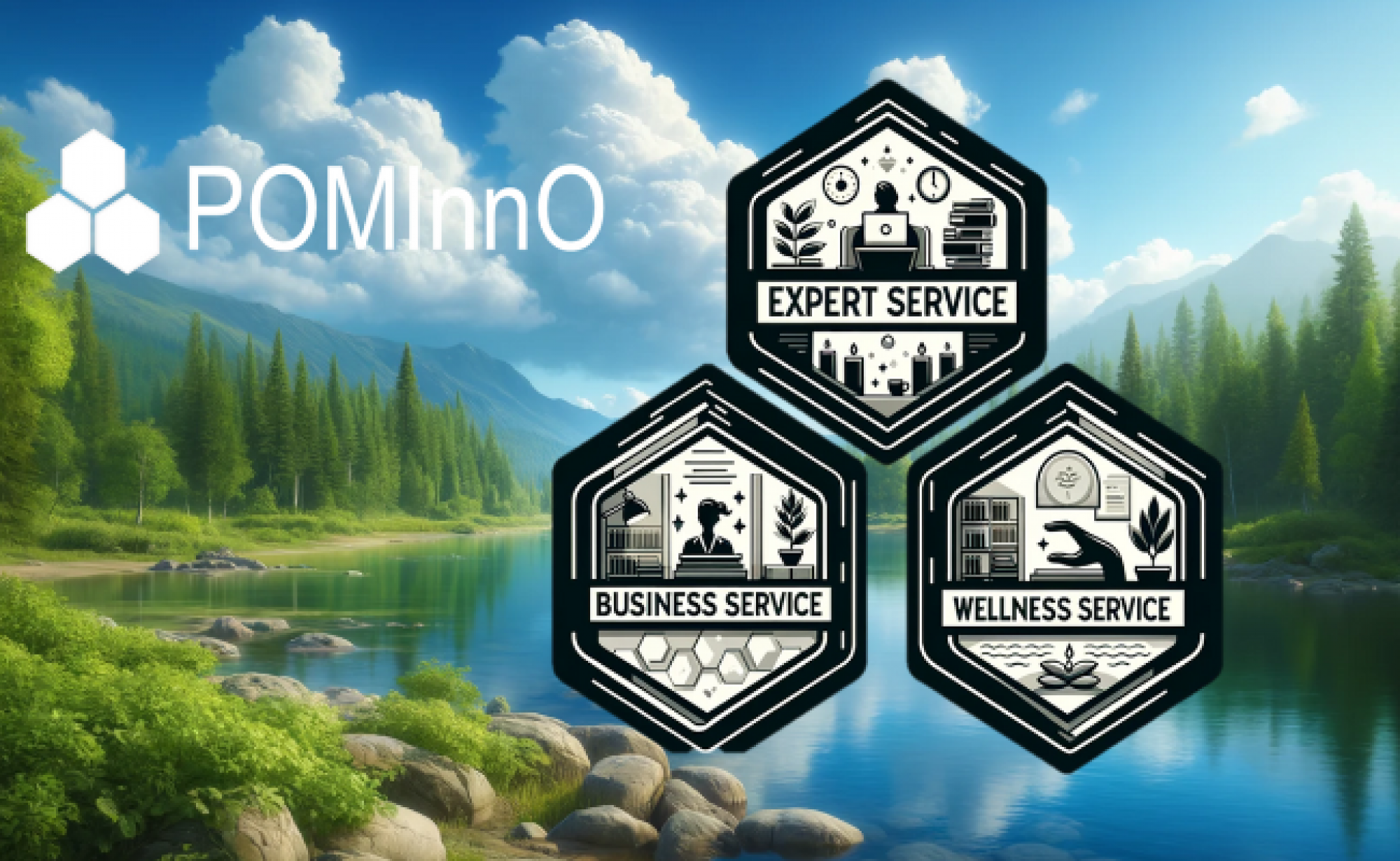
Green governance is not yet widespread in municipalities. To address current and future challenges, municipalities need to become sustainability hubs, focusing on resource efficiency and circular material use. One significant area for this transformation is food delivery systems. While finding recyclable solutions for individual food packaging is relatively easy, transitioning an entire society to circular systems is much more complex, requiring systemic changes and a shift in mindset toward prevention, reuse, and reduction of materials.
The European Union prioritizes the shift toward more circular food delivery systems, requiring stricter regulations and targets. Local authorities are seen as crucial in achieving these circularity targets, given their ability to coordinate activities with stakeholders. However, municipalities often lack the knowledge and resources to steer circularity effectively at the system level, make it routine, attract investments in infrastructure, provide strategies and incentives, raise awareness, shift mindsets, and encourage changes in lifestyle preferences.
A critical part of this transition is addressing consumer behavior. Consumers need to understand the impact of their unsustainable food choices and be motivated to change. Similarly, food delivery and catering companies often lack knowledge about sustainable alternatives. As the sector grows, many start-ups struggle to determine whether alternative packaging materials are genuinely environmentally friendly or just greenwashing, further complicating the issue.
Recent global events, such as the COVID-19 pandemic and the Ukraine crisis, have also posed challenges, pushing back progress in circularity and leading to issues related to product availability, energy costs, and inflation. These factors underscore the urgency for innovative solutions to drive the circular economy in food delivery systems.
The Change(K)now! initiative aims to address these issues by promoting the shift from linear to circular resource use in food delivery, including institutional catering, take-away, delivery, and events. The primary goal is to make local authorities drivers of systemic change in food packaging, transitioning to reuse systems with stakeholder acceptance. The initiative’s objectives include:
- Collaborating with local authorities to develop strategic management solutions and enhance circular food delivery systems.
- Helping SMEs comply with new EU rules, such as the ban on single-use packaging in restaurants and cafes, and targets for reuse and refill.
- Providing practical guidance to municipal decision-makers and businesses for circular food delivery systems.
- Advancing existing criteria for Green Events by focusing on reusable packaging systems.
- Encouraging municipalities to offer incentives and infrastructure for circular food delivery, such as dishwashing facilities at markets and events, procurement criteria for events, and financial incentives.
- Supporting emerging food delivery businesses in adopting circular practices and encouraging gastronomy, food markets, and event operators to experiment with reuse solutions.
- Campaigning for consumer behavior change at the household level to foster societal demand for circular food delivery systems.
- Increasing awareness and skills through capacity-building measures for municipalities and businesses.
In conclusion, the Change(K)now! Project offers a comprehensive approach to the challenges of transitioning to a circular economy in food delivery systems. By fostering collaboration among local authorities, businesses, and consumers, and emphasizing prevention, reuse, and reduction of materials, the project aims to create a sustainable and resilient future for food delivery practices.
Would You like to find out more about our activities, please follow us on Internet and Social Media (Facebook, LinkedIn, Twitter).
Would You like to find out whether there is a possibility to join the project as an associated partner: please fill in the short questionnaire (5 questions) here or contact coordinator for Poland (Dr inż. Andrzej Tonderski) here.

